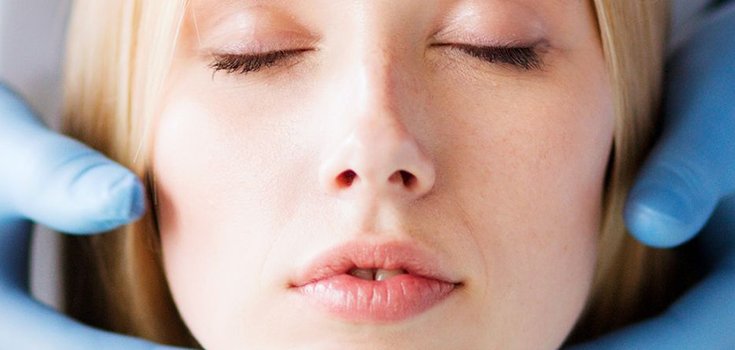Scientists Discover New Antibiotic in the Human Nose

A team of German bacteriologists have found that what lurks inside of the human nose isn’t all disgusting. In fact, a bacteria known as Staphylococcus lugdunensis is present in 9% of humans, and it could have the ability to help kill off the dreaded MRSA bacteria.
MRSA, or Staphylococcus aureus, is a disease that patients often acquire from within hospitals. This deadly disease kills more than 11,000 patients in the United States annually, and affects over 80,000. During their research, scientists found that those with Staphylococcus lugdunensis in their noses were six times less like to develop MRSA. [1]
Researchers have found that the bacteria inside of the nose produces something called lugdunin, which can help stop MRSA from replicating and also doesn’t make it “go crazy” while trying to resist the antibiotic.
At the moment, lugdunin has not yet been tested on humans, however, trials involving mice are increasingly promising. Mice in the experiment were injected with MRSA into several legions on their skin. Scientists found that using lugdunin on them cured them of the bacterium in both the superficial and deeper layers of their flesh. If they are successful on humans, it could be the first time in 30 years that scientists have created a new antibiotic. [2]
It is understood that lugdunin works differently from other antibiotics in that while “regular” antibiotics cause chemical reactions within the target bacteria, lugdunin actually attacks the cell membrane. Scientists, however, do not fully understand how this works, and are hoping further studies may bring it to light.
Lugdunin may not be tested on humans for years to come, though scientists recognize that this is an important step in scientific advancement. Although they have previously not thought to look for antibiotics that reside within the human body, it is now a promising area of research. This makes a lot of sense since most of us already carry bacteria that make us ill, however, our bodies are constantly competing with other microbes, so the bacteria that keeps us well often wins out.
This is also an important area of discovery as evidence shows that some antibiotics are no longer effective against some super-bacteria.
Sources:
[1] LA Times
[2] The Independent
